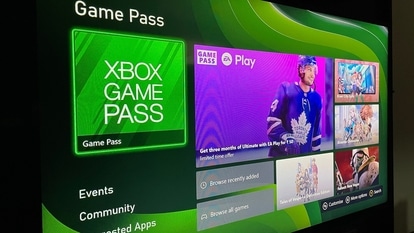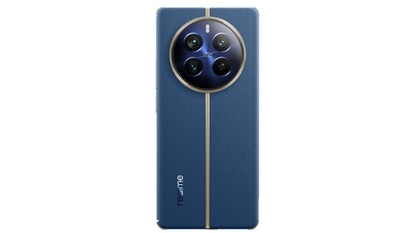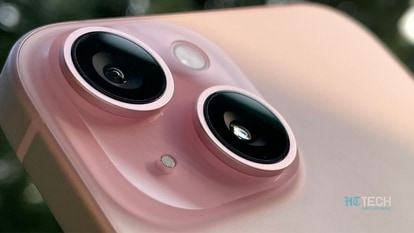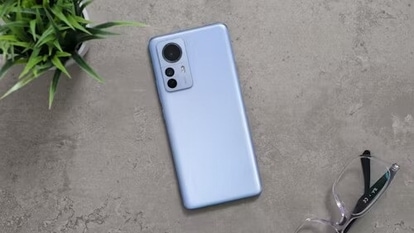Taste a portable feast
Laptops, netbooks, ultrabooks, tablets. Their features vary. Which one is for you? Tech queries
First there was the netbook that made the laptop light and cheap and Internet-oriented. Then came the ultra-cool tablets that were filled with apps. And now we have the ultrabook. The big question: Do I need one? Or is my old-world PC, netbook or tablet is good enough?


So among all these, which one works for you?
Netbooks
₹14,000 — ₹30,000
If you need a physical (not touchscreen) keyboard to work on your computer and like to have a number of utilities handy, the netbook makes a perfect sense. The machines are priced attractively and let you run with Windows or Linux platforms. Not all models support Linux. So, it is wiser to check first. With dual core processors and a full day charge of 7 to 10 hours depending on the model, these machines that weigh about 1 kg are handy and their big storage make them comfortable. Typically they have 120 to 125 GB of hard disk storage but make sure the RAM (random access memory) is at least 2GB.
It works best for people with limited computational needs and for students' homework.
Ultrabooks
₹56,900 — ₹89,900
Ultrabooks give you the performance of a laptop, sumptuous battery time, the portability of a tablet by keeping the weight under 1.5 kg, and screen sizes of either 11" or 13". And they use the latest generation processors.
After the MacBook Air, rivals have arrived and the newest ones are as powerful as your desktop PCs.
But, ultrabooks are designed with "unibodies" — which means you cannot upgrade the RAM or the battery in these. Also, graphic cards in ultrabooks are usually low-powered, so you cannot build 3G animation on them. But they are great for normal computing work.
Ultrabooks suit the upwardly mobile who do not mind sacrificing a bit of speed for mobility, lightweight comfort and great looks.
Tablets
₹10,000 — ₹49,000
Tablets were seen as just thinner computers until Steve Jobs came and changed everything. Now, Apple's iPad variants have competition from BlackBerry, Samsung, Sony, Asus, Acer and a host of other brands that offer various features and combinations. The iPad has clearly been the winner thus far. It changed the way you would do mobile computing. (This article was written in an airport lounge on an iPad).
Tablets have a virtual keyboard, limited amount of storage and run either iOS in the case of iPads or Google-backed Android platform in the case of most others, though there are some other operating systems as well. Tablets cannot carry all your desktop applications. Also, they require a mental shift in adjusting to a virtual keyboard. Some accessory makers have keyboards that can hook up to your tablet but that means extra weight. Asus recently announced its "transformer tablet" comes bundled with a separate keyboard.
With battery time of up to 10 hours and a weight of 600 to 800 grams, tablets are friendly devices. Some even have a 3G slot to help you browse the Net from anywhere. Some have expandable storage. Tablets, on which you can watch videos, surf the Web or read e-books, work best for mobile folks, heavy Internet users and people on the move.
Notebooks/Laptops
₹24,000 — ₹150,000
Laptops now pack a lot of power and punch. There is a wide range of processors, from the Core 2 Duo to the Core i7, with large RAMs and screen sizes that range from 10 to 17 inches. You also can pick the kind of graphic card you want and the storage choice is mindboggling. I have seen laptops advertised with storage capacities as high as 1 TB (terabytes).
Laptops/notebooks primarily fit into a category where you need workstation class equipment — which means they are capable of doing 3D graphics, a very fast processor, a large amount of storage and RAM. That means the power of a desktop but on the go. They may not offer you the best in battery time, and some are quite heavy, but they give you the best performance, even if you are a heavy-duty number cruncher or graphic user.
Laptops and notebooks work best for large mathematical calculations, photo editing and 3D animation — even on the move!
Tech queries
Catch all the Latest Tech News, Mobile News, Laptop News, Gaming news, Wearables News , How To News, also keep up with us on Whatsapp channel,Twitter, Facebook, Google News, and Instagram. For our latest videos, subscribe to our YouTube channel.


























